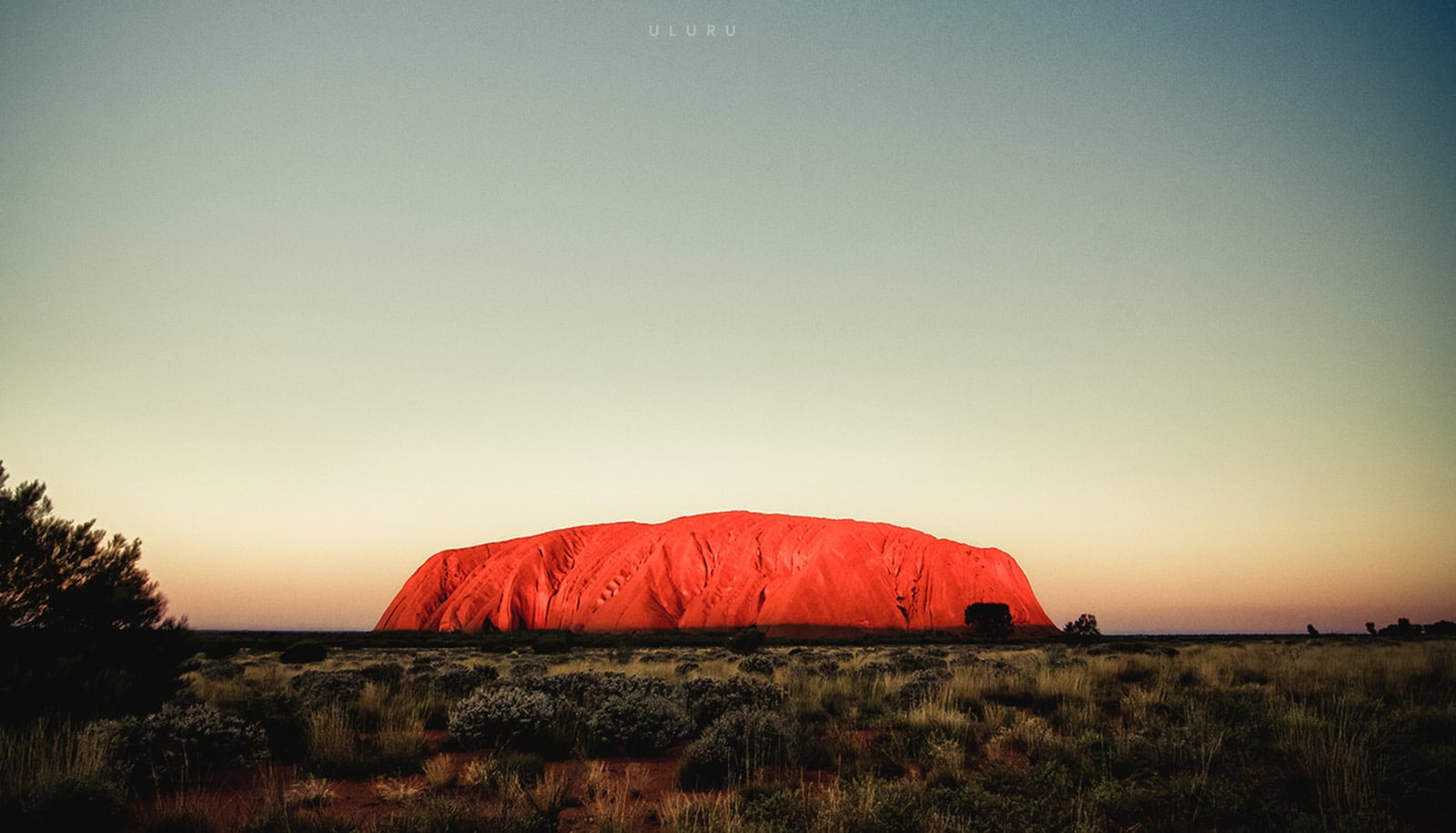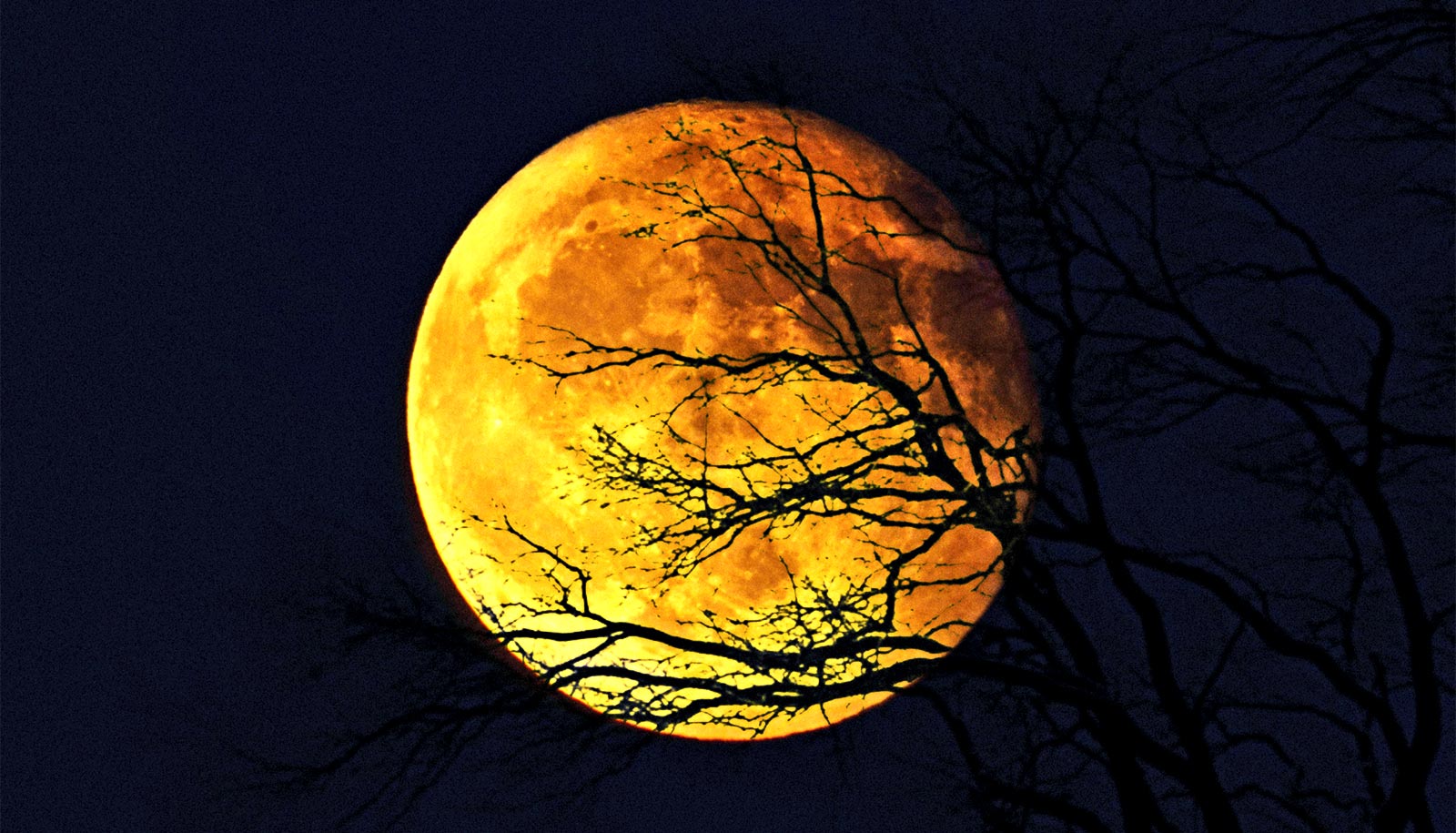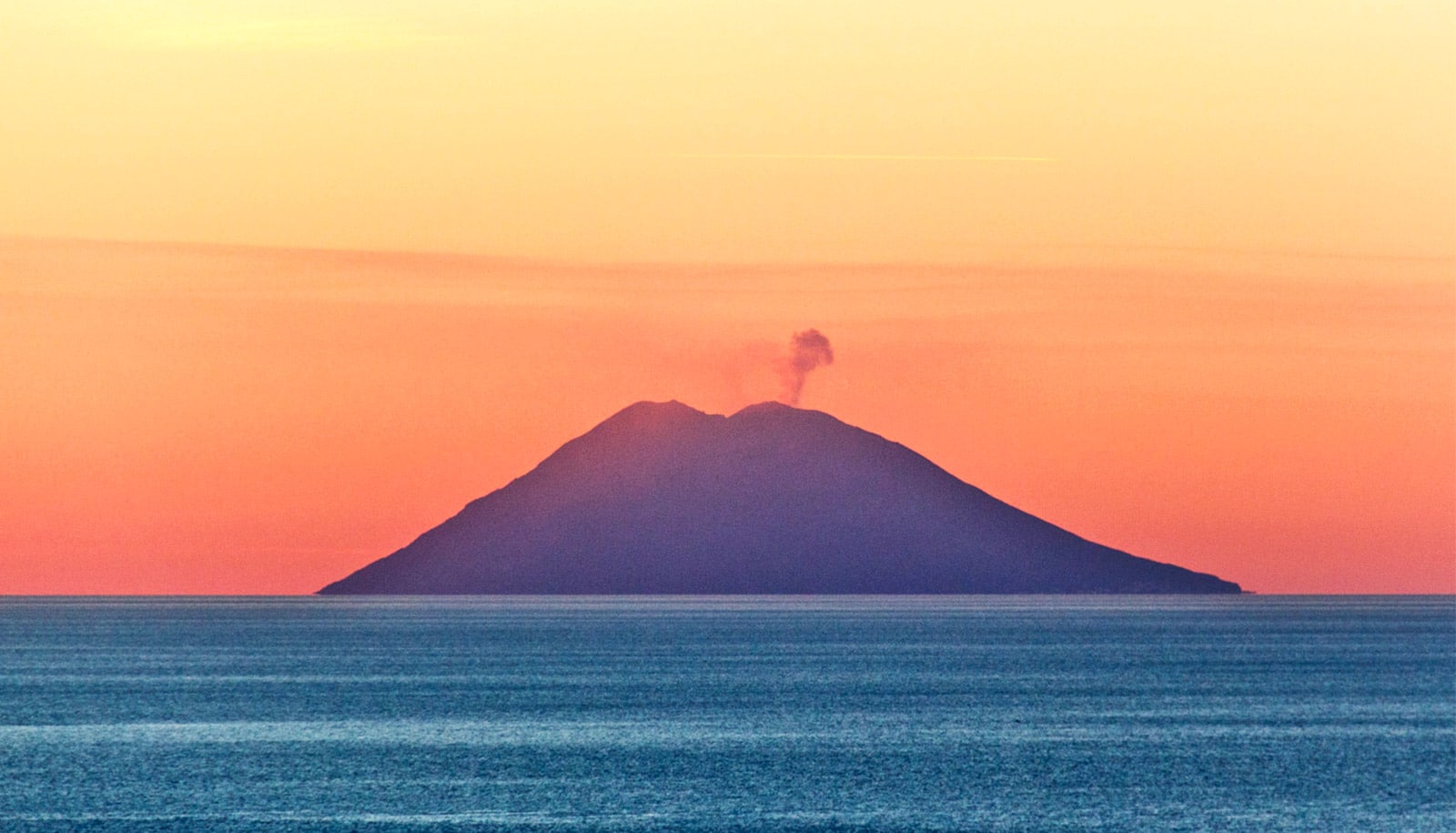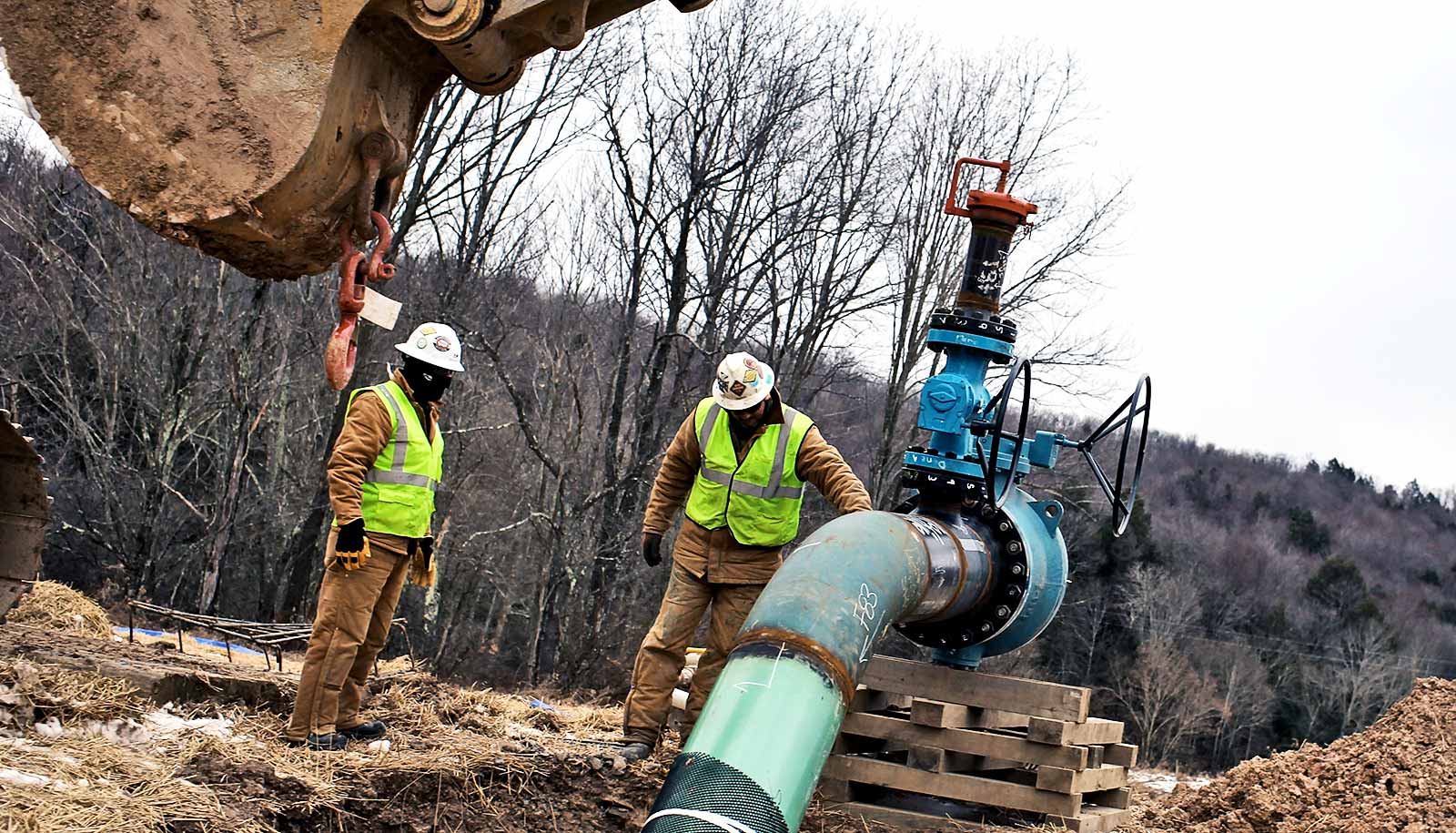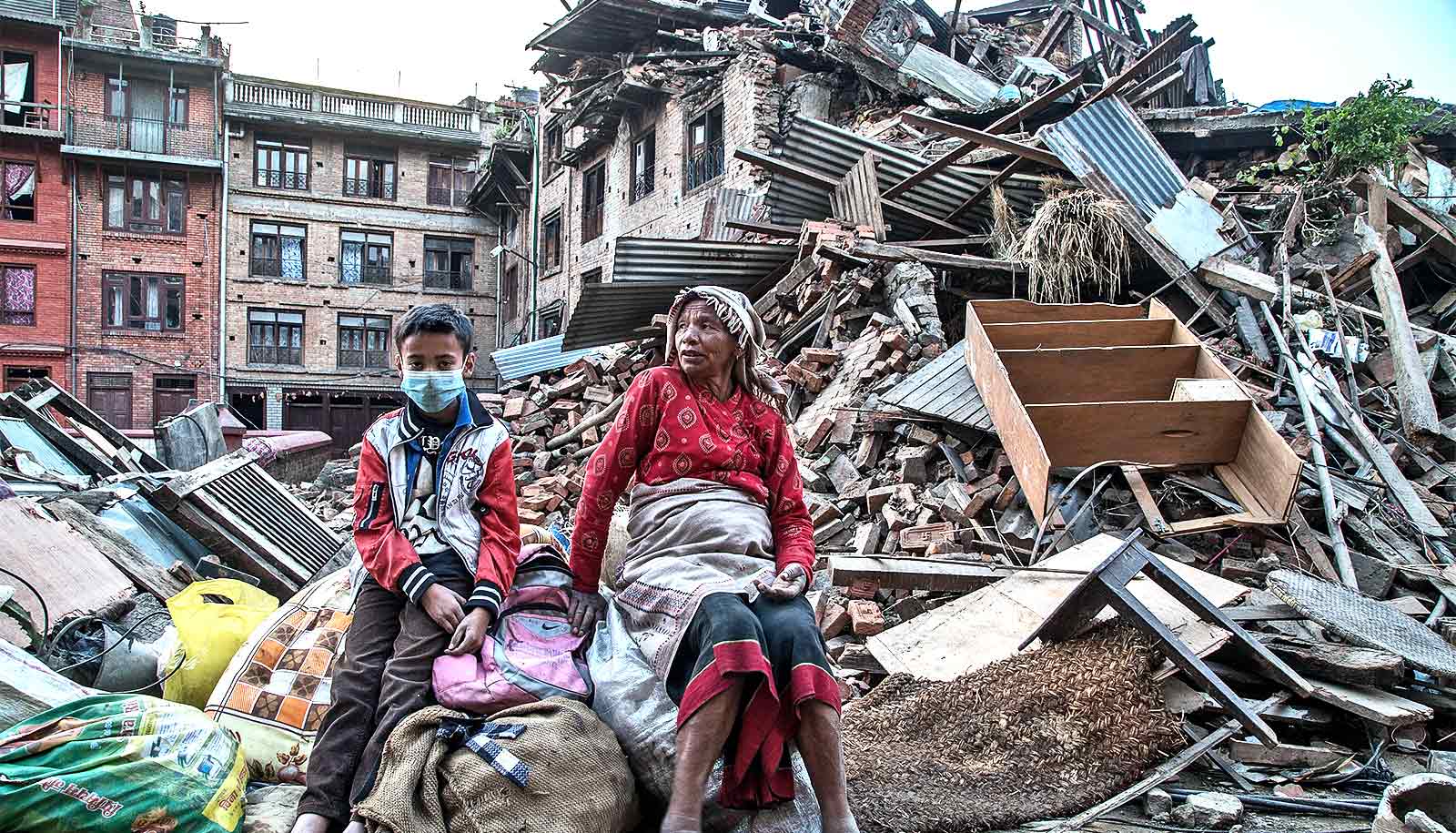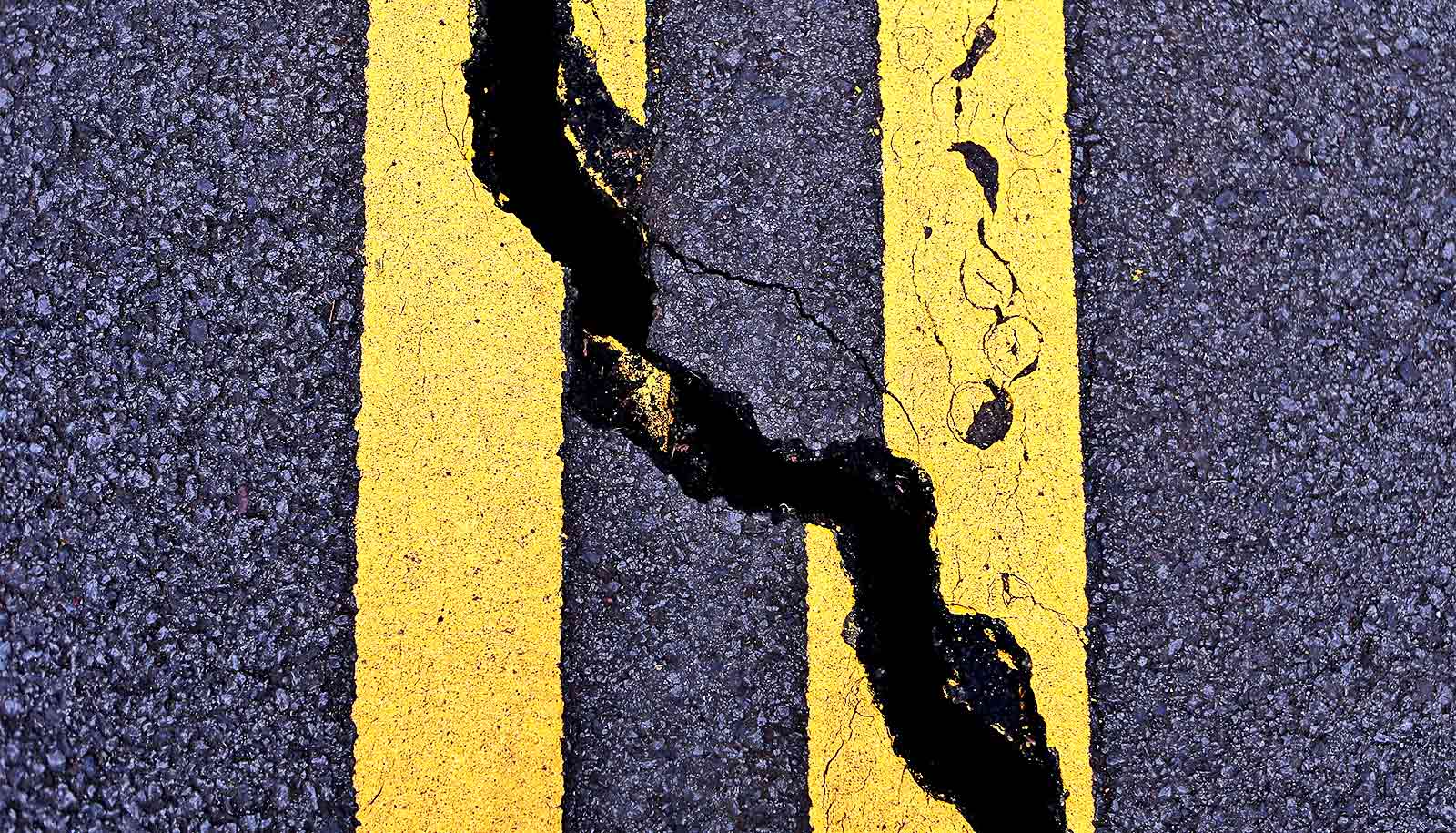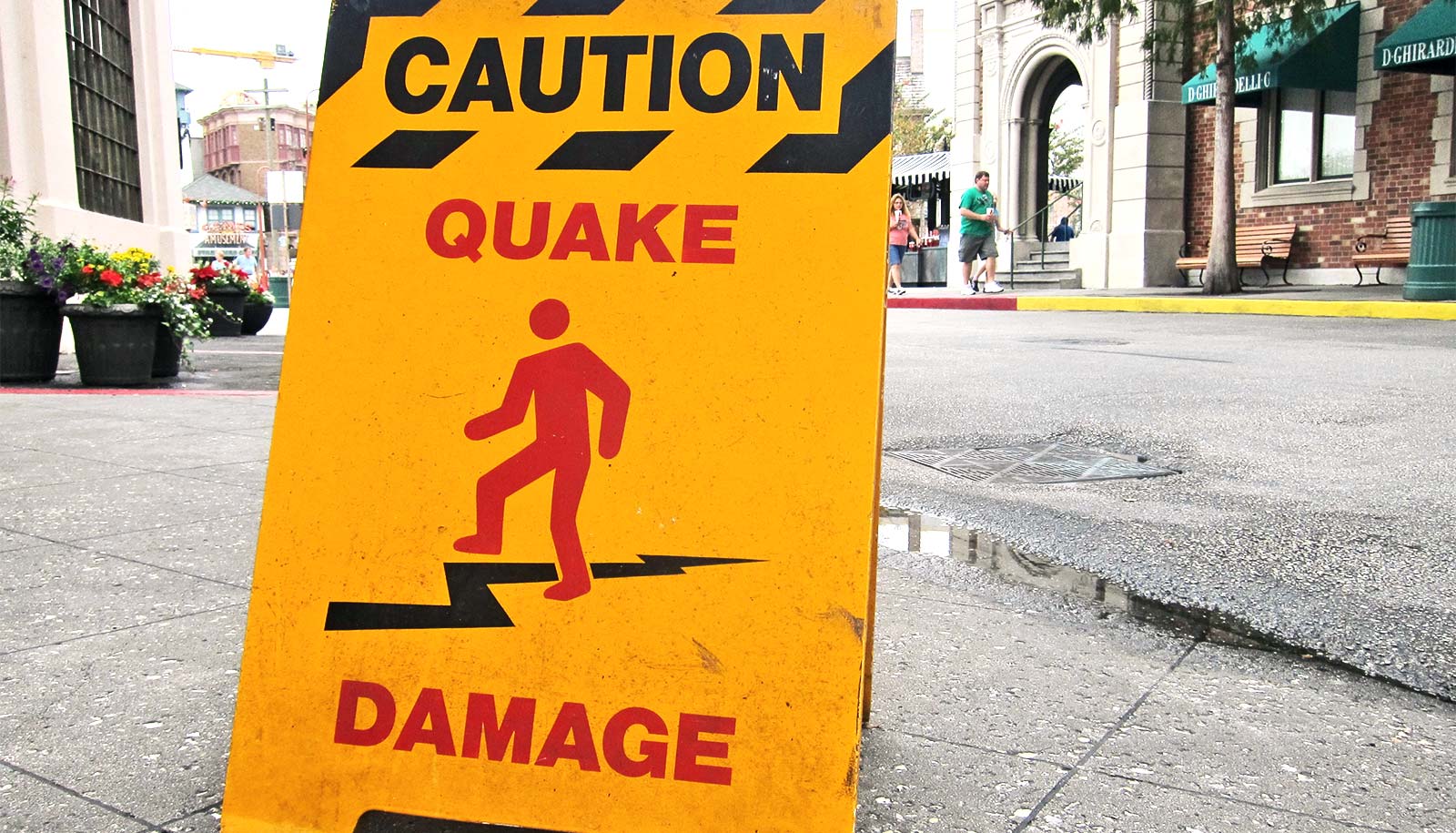How we discovered the conditions behind 'slow earthquakes' that happen over weeks or even months – new research
Earthquakes happen over seconds to minutes. Slow slip events on the other hand can last for weeks or months.
Åke Fagereng, Reader, School of Earth and Ocean Sciences, Cardiff University
• conversation
March 31, 2020 • ~6 min
March 31, 2020 • ~6 min
Japan’s experience with earthquakes can help teach us to learn to live with floods
Japan took a fresh approach to ensuring their society was more resilient to the frequent earthquakes they experience. We could learn from its experience.
Mohammad Heidarzadeh, Assistant Professor in Civil and Environmental Engineering, Brunel University London
• conversation
March 11, 2020 • ~8 min
March 11, 2020 • ~8 min
/
8

